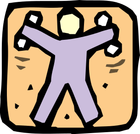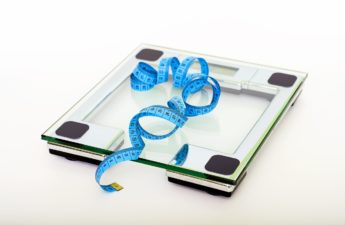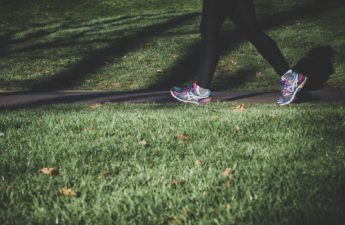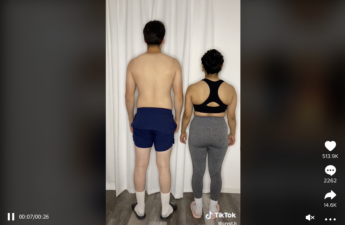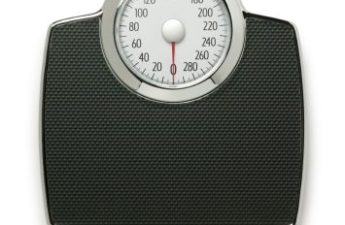Category: Fitness
It’s OK to aim lower with your new year’s exercise resolutions
Research suggests even one muscle contraction a day, for five days a week, can improve muscle strength if you keep it up for a month.
Future Surge in Diabetes Could Dramatically Impact People Under 20 in U.S.
This expected upward trend may lead to as many as 220,000 young people having type 2 diabetes in 2060 —a nearly 700% increaseand the number of young people with type 1 diabetes could increase by as much as 65% in the next 40 years. Even if the rate of new diabetes diagnoses among young people remains the same over the decades, type 2 diabetes diagnoses could increase nearly 70% and type 1 diabetes diagnoses could increase 3% by 2060.
Weight loss treatments are not a permanent fix – that doesn’t mean they ‘don’t work’
It is often said that 95% of weight-loss measures don’t work. Only, it’s not true. Advances in behavioural treatments (such as cognitive behavioural therapy) for obesity and weight-loss drugs mean there are lots of approaches that help people lose weight. In fact, weight loss is the easy part . The problem is that when you come off a diet or stop taking a weight-loss drug, the weight will invariably creep back up.
WAISTLINES AND BOTTOM LINES
They say they got canned advice and unresponsive clinicians — and some report they couldn’t get the newest drugs.
After breast cancer: 5 changes you can make to stay healthy
So, what can you do to improve your chances of living a longer, healthier life after a breast cancer diagnosis?
What’s this ‘longevity’ diet, and will it really make you live longer?
Foods in this diet are vegetables, including leafy greens, fruit, nuts, beans, olive oil, and seafood that’s low in mercury.
75 Hard: what you need to know before taking on this viral fitness challenge
Although the requirements of the 75 Hard challenge are pretty outlandish by most people’s standards, seeing the transformations and online testimonials of how the challenge changed lives may explain why many continue to be curious about it.
Many types of leisure time activity may lower risk of death for older adults, NIH study finds
Older adults who participate weekly in many different types of leisure time activity, such as walking for exercise, jogging, swimming laps, or playing tennis, may have a lower risk of death from any cause.
How to keep teen athletes safe from heat illness as sports practice begins amid a brutally hot summer
Susan Yeargin, University of South Carolina High school sports practices are starting amid a brutally hot summer in much of the country. As temperatures rise, heat illnesses are becoming an increasing risk for athletes, particularly in the first few weeks…
Why snacking could be damaging your health
But these days, people are eating more frequently than they ever have before – and often outside of meal times. New smartphone app data shows that we now have erratic eating patterns. Many of us are continually snacking rather than eating at defined times – which means we spend up to 16 hours a day in a “fed” state.
Do athletes really need protein supplements?
Protein and amino acids indirectly affect performance by building muscle to improve performance. But there is little evidence to suggest consuming extra protein directly aids physical performance in either endurance or resistance exercise.
‘Almost Like Malpractice’: To Shed Bias, Doctors Get Schooled to Look Beyond Obesity
Research has long shown that doctors are less likely to respect patients who are overweight or obese, even as nearly three-quarters of adults in the U.S. now fall into one of those categories.
A boom in fitness trackers isn’t leading to a boom in physical activity
Since the mid-1990s, people have been doing less and less walking or bicycling to work and school and spending a lot more time staring at screens.
Using BMI to measure your health is nonsense. Here’s why
While BMI is an accessible and affordable way to screen a person’s health, but waist circumference is a better predictor of health.
Restricting calories leads to weight loss, not necessarily the window of time you eat them in
A new confirms there is no one best diet for weight loss. It also shows small decreases in the window of time you’re eating probably won’t make a difference to weight loss.
